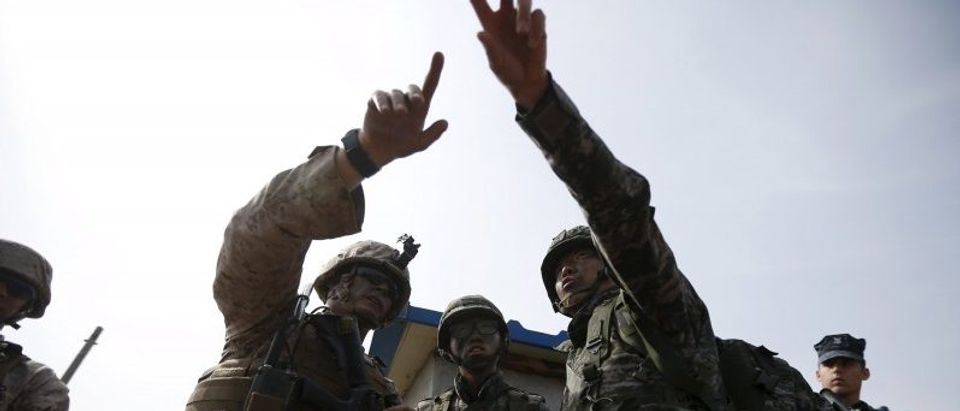“The fact that we live in a country where we feel like we don’t owe it anything means we don’t value it as much.”
On Tuesday, Matt Lewis chatted with Sebastian Junger, award-winning author and journalist, about his new book “Tribe: On Homecoming and Belonging.”
The must-read book explores the psychological cost of losing community and examines how tribal connections may be the key to resilience in the face of impending adversity.
The two discussed how the notion of “tribe” has the potential to change the temperature of the current political climate. Ironically enough, it is those tribes — whether they be a family, ethnic group or nation — that demand the most of their members that tend to experience the highest levels of camaraderie, cooperation and pride.
“People don’t mind hardship, what they mind is not being necessary,” said Junger. “If you’ve been asked to do something by a group, it seems like an imposition but really what it means is you’re now receiving the benefits of belonging to the group — your participation in ‘filling the sandbags’ costs you a few hours with a shovel but what you get back is all this physical and emotional societal security.”
“When no one asks you for anything, what it communicates on some level is ‘hey buddy you’re on your own, we don’t need you.'”
For example, historical accounts find that Londoners revere the days of the Blitz during World War II, a time when everyone made intense sacrifices so that the London itself could endure.
“When you subject a society to adversity like that, people deplore their circumstances and the hardship and loss of life, but this interesting thing does happen,” said Junger. “Londoners missed more egalitarian society, everyone banded together and there was a sense of community and camaraderie.”
(Stream the full podcast with Sebastian Junger here, and download the latest from Matt Lewis and the News on iTunes.)
This human desire to feel needed is perennial, leading the duo to ponder, what should our country ask of us? And what exactly do we — and should we — owe our country?
“People value something they make sacrifices for, and the fact that we live in a country where we feel like we don’t owe it anything means we don’t value it as much,” Junger said.
He found this true during his personal experience with “tribes” in the military, when he spent time with an airborne platoon during the war in Afghanistan.
“Soldiers are very patriotic because they have actually made a sacrifice for this country,” he said. “It creates this enormous emotional investment in the thing they made the sacrifice for.” This investment is analogous to spending many sleepless nights with a baby — the high investment in children contributes to why parents value and love them fiercely.
The gnawing tug toward joining a tribe, Junger believes, is the result of evolution.
“Humans are a social species, we evolved to survive through great adversity and we are most likely to survive when we are a part of a closely cooperated groups,” he said, “so, adversity, danger, hardship — what they produce in people is communal group behaviors that the worse the circumstances the better people act as a group.”
Junger also says that after the tragedy of 9/11, there were no mass shooting for two years.
“A community that has been attacked experiences a great desire — individuals experience a great desire — to participate in the common good,” said Junger. “After 9/11 there was a prime moment to get a modern country to act communally for awhile.”
Stream the full podcast with Sebastian Junger here, and download the latest from Matt Lewis and the News on iTunes.


